Rock Solid Talk with Michael Engesser
Meet Michael Engesser of Rock Solid Productions studio. RSP is an independent music production company centered around a small recording studio. The team consists of Michael and his wife Halley Feaster – an electric and acoustic cellist and multi-instrumentalist. They specialize in original music composition and production as well as remote online recording sessions. They also try to idealistically remind people that music played by real instruments holds a special kind of magic 🙂 Here’s what Michael shared with us.
Hello Michael, you’re running a music production company, how did you start your business?
After graduating college in 2010, my wife Halley and I found out the hard way that the economy in the United States was still in a nose-dive and the jobs we had been studying for didn’t really exist anymore. We tried freelancing for a few months in Boston and then decided to move south of New York City and start our company, basically to make gigs for ourselves.
What hooked you to music in the first place?
It’s a bit difficult to answer that: I don’t remember a time when I wasn’t. There’s a picture of me as a toddler trying to reach the keys of my mom’s piano. I started playing piano at age 3 and things went downhill frоm there 😉
“…if you want to make a career in music, train your musicianship first, and technological aspects second – have something to say before you start writing it down”
How hard is it to run a music studio nowadays?
Compared to what I hear the business was like 30 years ago, running a small production company like ours is certainly more difficult, financially speaking. I think one has to work much, much harder to become and stay visible on the scene, but that goes for everybody in the entertainment industry today. There’s a lot of noise out there. The music and recording business have drastically changed in the last 10 years and are changing at a breathtaking pace still, so much that I’m having a hard time making a direct comparison. Nonetheless, it’s an immensely rewarding experience and I wouldn’t have it any other way.
What initial steps should a musician do to start booking clients, if it produces commercial music?
The first and most important thing to do for a musician of any genre is being good at what you do, whether you write, sing, or play an instrument. A computer doesn’t count as one. It’s too easy to just fire up Ableton and do whatever. The resulting sound might be interesting, but musically speaking has no content whatsoever. In other words, if you want to make a career in music, train your musicianship first, and technological aspects second – have something to say before you start writing it down. Also – do not get into this for the money. If you’re thinking about the money, you won’t be making great music because you won’t be thinking about why you got into music in the first place.
What’s the best thing about playing real instruments and how is this important to you?
Playing a real instrument, in my mind, is the only way to actually learn to understand music. There is just something about creating sound with your two hands, or your body if you’re a singer, that doesn’t quite compare to anything else. It gives one a more intimate and immediate understanding of how music works and moves people.
What do you like about “programmed” music?
We’re talking about EDM, not simulated orchestras, right? Sonically speaking, programmed music is most definitely on the forefront of innovation. The sound design these guys come up with is just incredible.
How has the music industry changed in the last 15 years?
The music industry has undergone so many changes and paradigm shifts in the last 15 years that listing them here would fill a book. Luckily, author Bobby Owsinsky did exactly that in his book “Music 4.0” – I highly recommend it!
But in short: Ever since 1993, when the mp3 format was developed, and respectively 1999 when Napster hit the scene, the music industry as we knew it has been in a constant state of radical change. The democratization of music production has led to an immense amount of mostly mediocre content being produced, and therefore to a marginalization of music in general. There’s an entire generation of people out there who grew up with the mindset that music is – and should be – free. While that’s not exactly an ideal point to start from at the beginning of one’s career, with the advent of streaming I’m sure that the business will recover eventually.
What do you think about the corporate influence on artists?
Most music that people love most, listen to, and still play themselves seems to have been recorded somewhere between the fifties and the late seventies. As far as my knowledge goes it wasn’t until the eighties that wall street started buying record labels and made them produce music tailored to what they thought the taste of their target demographics was. The idea behind this was, and is, to keep people listening to a radio station, and, more importantly, the commercials, as long as possible. Interestingly, this has driven a homogenization of music to the point that artists are more or less interchangeable and all (pop) music sounds pretty much the same. This study is a very interesting read in that respect.
What do you think of Drooble?
Bringing musicians together online is not only a really good idea, I think it’s a necessity these days. Music has always resembled the Zeitgeist of its time and was able to touch people because of that. In a near-totally globalized world and society in which people spend a considerable part of life online it only makes sense to enable musicians to create together in just that environment – online.
Can you compare online to in-person music collaborations?
I don’t think so, but that’s not the point: In-person musical collaboration has a very distinct, immediate and intimate quality that is quite unique. Online collaboration yields an entirely new and different excitement: The ability to create a piece of art with somebody who might be thousands of miles away from where you are, with a completely different social and musical background. This is something that has never been possible before in human history! In fact, artists in the past went to great lengths to experience the art and lifestyle of different cultures and went on long, arduous trips (Mozart traveling to Prague, Goethe traveling to Italy, The Beatles traveling to India and so on), just for that one experience. Being able to create music online with people from all across the world holds a great potential – music that’s free from any outside influence and, perhaps, the ability to give us a better understanding and appreciation for one another.
What common problems do young musicians have to face?
Distraction. This might make us sound old, but many of my young students have great difficulties focusing on any one thing for longer than a few minutes. That combined with the pressure and demand for immediate gratification can be very discouraging for young musicians to keep practicing and accept that it might take a long time before all the hard work pays off.
What support does an indie artist need and how can he or she get it?
The good news is that it has never been easier to be an indie artist, although that doesn’t mean it’s not a crazy amount of work: There are many resources available online, many of them for free or very low cost, that cover everything from music creation to marketing and distribution: Presonus just came out with a great starter DAW for free, marketing can be done on a shoe-string budget with Facebook, Twitter, Instagram or any other social network, and TuneCore or CDbaby take care of distribution. I know I’m grossly oversimplifying things here, but the idea is that to get your music out there it takes a few hundred dollars now, as opposed to hundreds of thousands or even millions, just a few years ago.
Long story short: The most important support, as such, I’ve ever needed as an indie musician were people who encouraged me to keep going: Friends, Family and, of course, fellow musicians.
What tips do you have for young musicians to jump start their careers?
Be excellent at your instrument and play with as many people as possible. And – please – stay humble! There’s always someone out there who will kick your butt 😉
What’s the best thing you’ve recorded recently?
One of the projects I’ve enjoyed working on the most lately is my wife’s debut album “CelloVein – Bad Cellist”. It’s Hard Rock played on an electric 6-string cello and kicks some major ass! We’ll release it later this year.
Michael Engesser, Rock Solid Productions studio. Follow him at drooble.com/michael.e
Follow Rock Solid Productions at drooble.com/rocksolidproductions
3 Comments
Leave a Reply
Your email address will not be published. Required fields are marked *

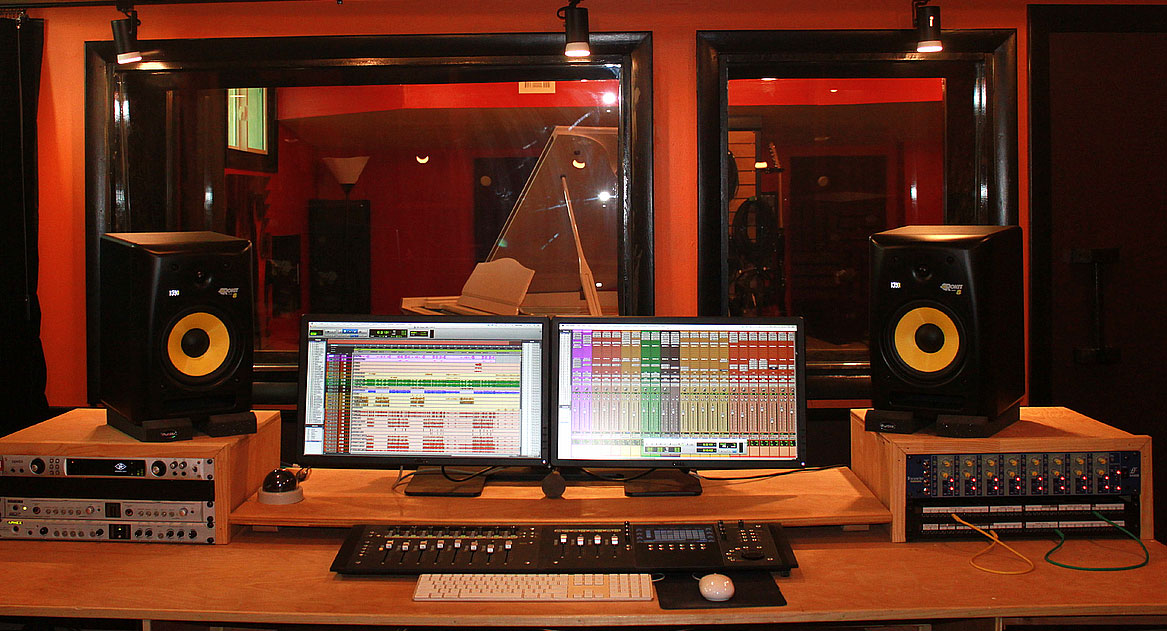
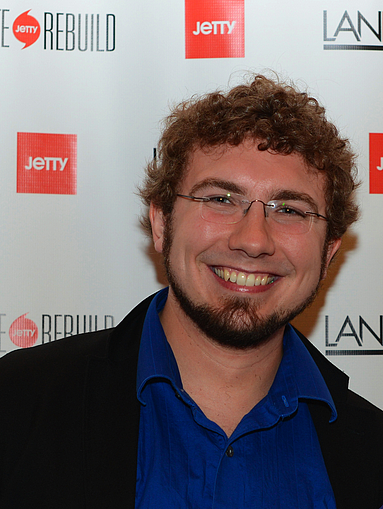

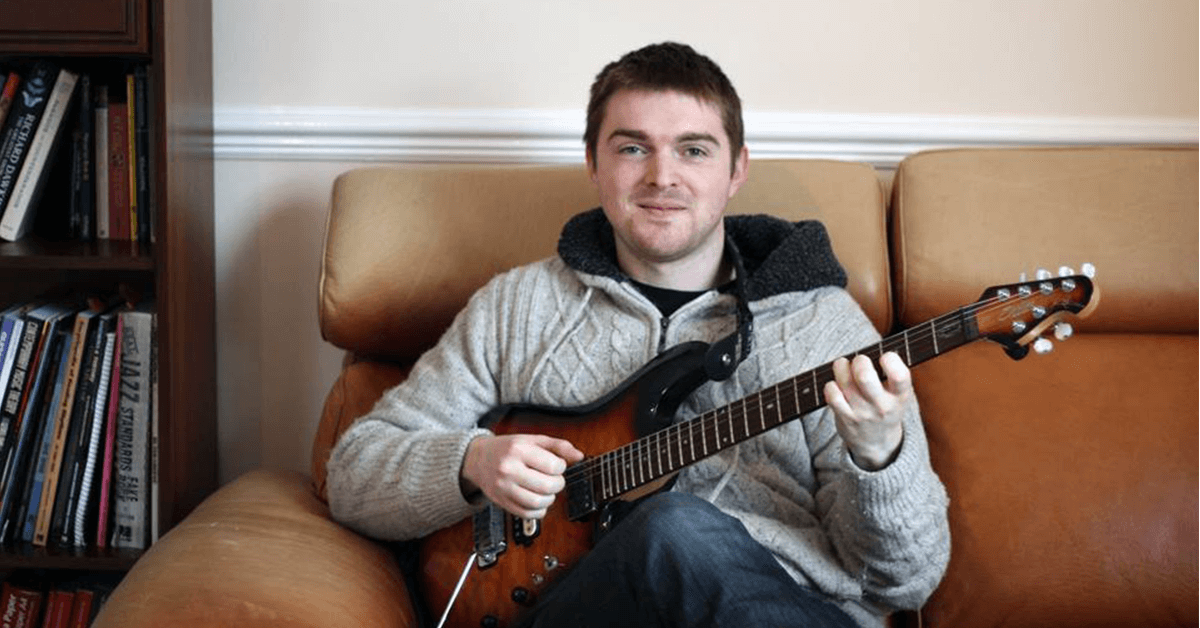
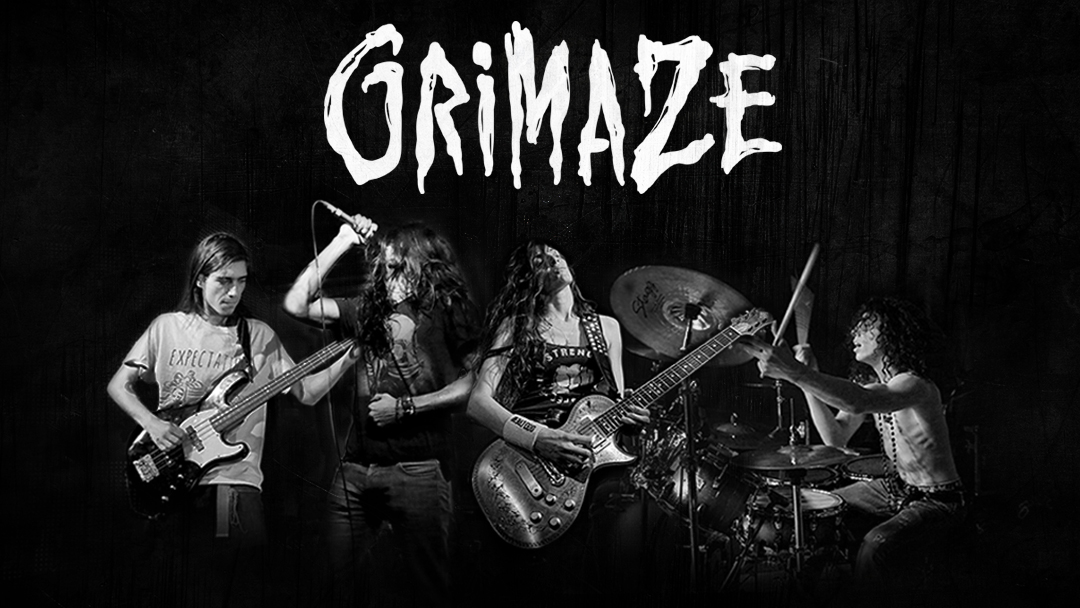
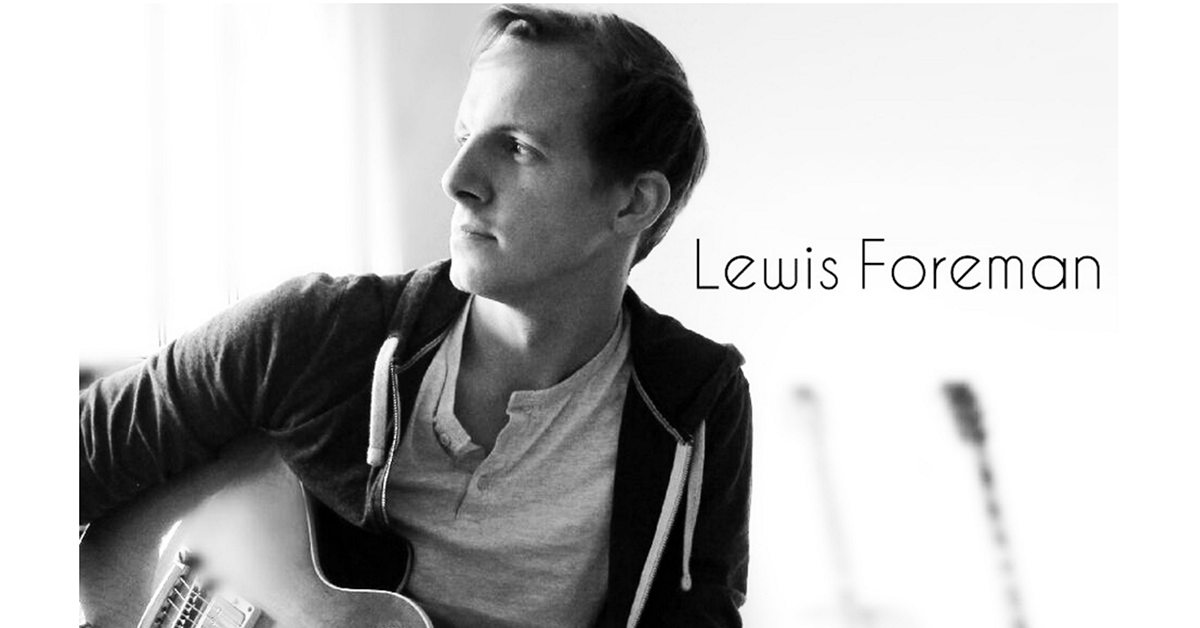


Wow man, I wish good luck to all people like you! Keep up with the good work Mike!
:)) Truly inspiring!
Thank you! Will do!